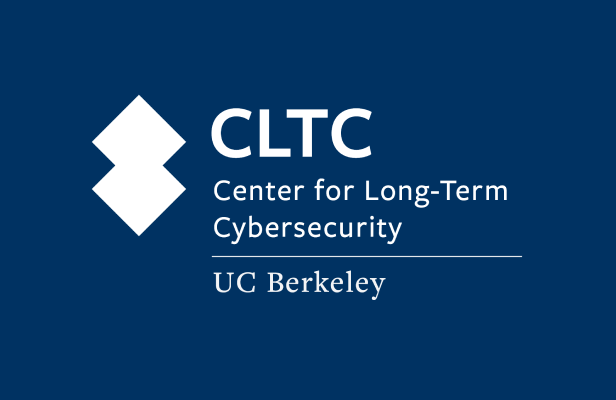Abstract
Online abuse is becoming an increasingly prevalent issue in modern day society, with 41% of Americans having experienced online harassment in some capacity in 2021. People who identify as women, in particular, can be subjected to a wide range of abusive behavior online, with gender-specific experiences cited broadly in recent literature across fields such as blogging, politics and journalism. Compounded to this, present approaches to online safety, such as black-box content moderation and ambiguous platform community guidelines, are a growing area of concern for a broad group of stakeholders. Specifically, algorithms that curate and moderate content online are typically considered as “one size fits all,” and as such, can exhibit technological vulnerabilities that can be exploited, and in particular, be perceived to alter the online experiences of marginalized groups. The goal of this research is to build upon the findings of a previous foundational study and literature review in order to validate the feasibility of automatically detecting abuse ecosystem factors during female-targeted online harassment, with the ultimate goal of incorporating this into an effective moderation algorithm to protect women who may risk being further marginalized online.





